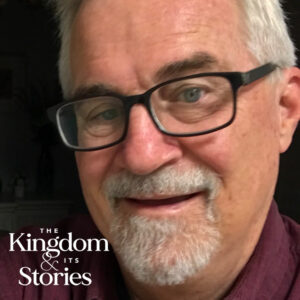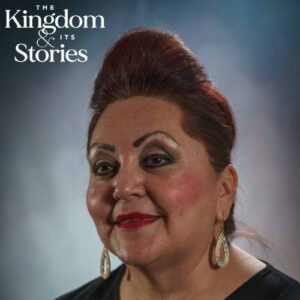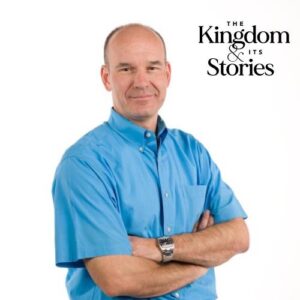Marcus Doe, originally from Liberia, became a refugee in Ghana at age 12; when he started attending school he learned that his father had been murdered. A year later, “When I came to the States, I had a measure of trauma”, Marcus explains about the war and losing his father. “I had a blockage; when we took quizzes, and it was quiet, I had much more important things in my life than solving equations.” He would sweat at flashbacks. “A few years later a Pastor looked at me and said, ‘Whatever you have planned for your life, God is going to change it.'” Marcus explains how he would write one paragraph a day for 3 years, which eventually became his book “Catching Ricebirds”. Marcus wanted to get past this anger towards this man who had killed his father. “In the spring of 2010, I fly back to Liberia, and I was able to say the words, ‘I forgive you'”.

Breaking the Cycle of Generational Poverty
Julian Gibb interviews John Wood. John describes how Glory Honor Africa works in 3 areas. Building Churches in the community which transform lives, families, and communities. Providing bibles for pastors; most do not have a bible. Breaking the cycle of generational poverty through a sewing ministry for single moms. GloryHonor.Africa



